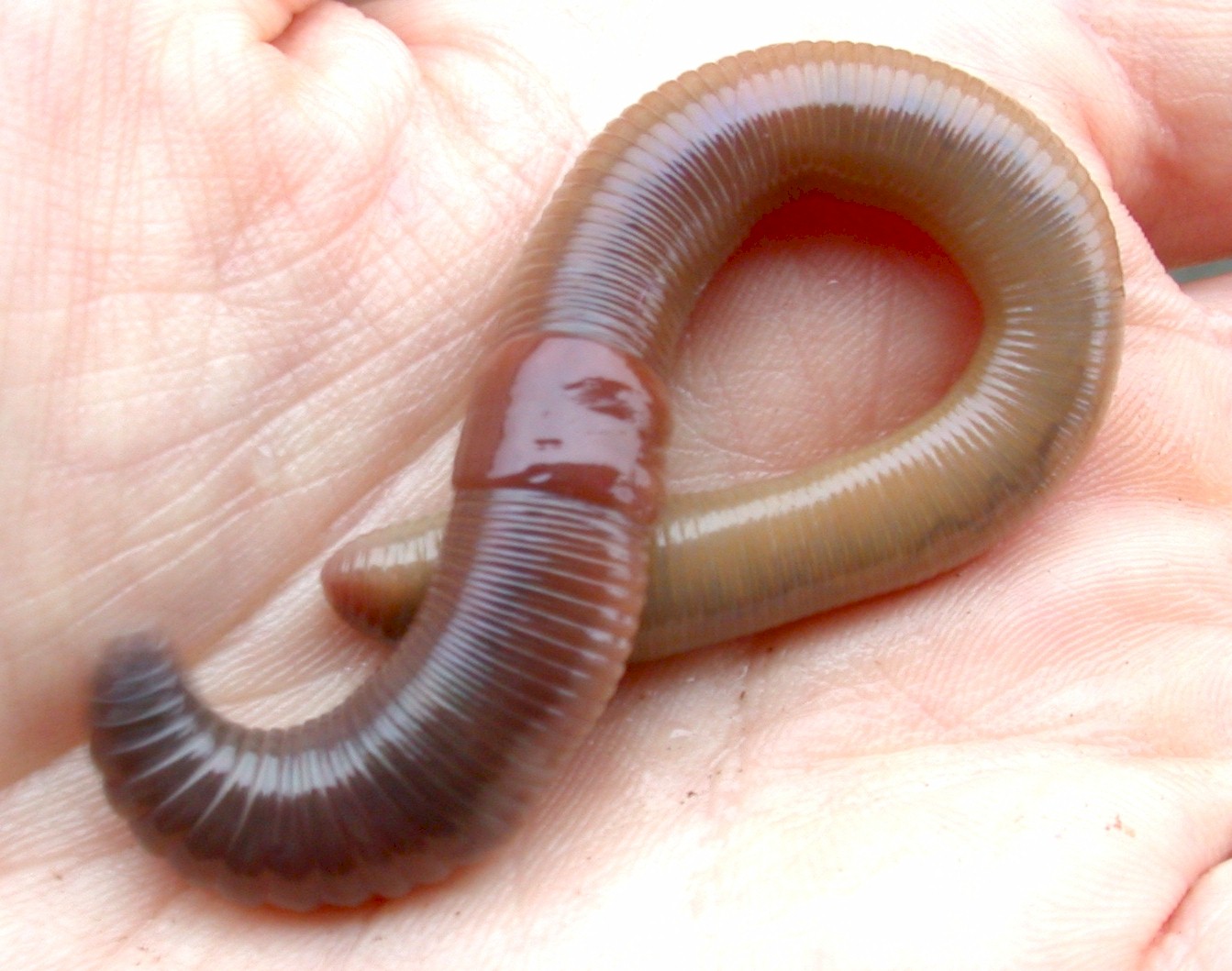The media in Akwa Ibom State have been charged to join the campaign against Akwa Ibom Mass Drug Administration’s (MDA) No Person Left Behind to fight neglected tropical diseases (NTDs) in the state.
The media consultant for Helen Keller International Nigeria, Mr Ata Ikiddeh Esq, made the call in Uyo during a two-day Neglected Tropical Diseases Media Training organized by the media consultant in collaboration with Helen Keller International Nigeria, recently.
Ikiddeh who gave the situation analysis of the neglected tropical diseases in the state, noted with regret that efforts are yielding towards elimination of malaria, prevention of HIV/AIDS and cancer, while Akwa Ibom State is still suffering from onchocerciasis (river blindness), elephantiasis, schistosomiasis, soil transmitted helminthiasis, lymphatic filariasis, whipworm, hookworm, roundworm, among others.
The learned gentleman stated that Akwa Ibom State has a high rate of these NTDs in Eastern Obolo, Esit Eket, Etim Ekpo, Ibeno, Ikot Ekpene, Okobo, Onna, Oron, Udung Uko and Uruan Local Government Areas, noting that these NTDs are preventable if detected early, and enjoined the media to join in the campaign to fight against these diseases, with the distribution of mass drugs administration’s (MDA) No Person Left Behind to be carried out in the affected local government areas of the state.
Ikiddeh highlighted that there will be a four-week intensive Mass Drug Administration (MDA) campaign in the state and the target is to reach 800,000 to 1,000,000 Akwa Ibom people in the 10 local government areas.
He posited that before the commencement of the exercise, there will be jingles in electronic media – the Akwa Ibom Broadcasting Corporation, Atlantic FM, Planet FM – and drama presentation in the state television to sensitize the people on these diseases.
Other media he stated include the NTA and town announcers in the affected local government areas to draw people’s attention to these neglected tropical diseases, regretting that the Millennium Development Goals (MDGs) that is winding off in 2015 failed to address these NTDs.
Ikiddeh also explained that when the Mass Drug Administration (MDA) kicks off in the state, the messages will be posted on Helen Keller International Nigeria Facebook Page, Twitter Handle, Google and other social media to communicate to young people and encourage them to inform their families, friends and neighbours in the rural areas of the MDA programme.
He called for spirited individuals who will like to volunteer to spread these messages at village market squares, town halls, churches and palaces of village heads to summon men who are heads of their kindred to disseminate information about the drug as well as volunteer during the MDA campaign, No Person Left Behind.
During and before the commencement of the MDA, there will be information educational communication (IEC) materials to further spread the message of these NTDs in the state and the need for the people of the affected local government areas to accept the MDA, saying that the slogan is No Person Left Behind.
Mr Joseph Kumbur, who is the Neglected Tropical Diseases Programme coordinator with Helen Keller International, Nigeria, presented facts about NTDs, saying that lymphatic filariasis is a parasitic infection that can result in an altered lymphatic system and abnormal enlargement of body parts, causing pain, severe disability and social stigma.
Kumbur who presented a gruesome statistics of this disease, said about 1.23 billion people in 58 countries worldwide are threatened by lymphatic filariasis and require preventive large scale treatment also known as preventive chemotherapy to stop the spread, adding that over 120 million people are infected, with about 40 million disfigured and incapacitated by the disease.
He pointed out that currently, 1.23 billion people in 58 countries are living in areas where lymphatic filariasis are transmitted with a high risk of being infected, averring that approximately 80 per cent of these people are living in countries which are Bangladesh, Côte d Ivoire, Democratic Republic of Congo, India, Indonesia, Myanmar, Nigeria, Nepal, Philippines and the United Republic of Tanzania.
The programme coordinator gave symptoms of lymphatic filariasis infection as asymptomatic, acute and chronic condition showing no external signs of infection, but can cause damage to the lymphatic system and the kidneys as well as alter the body’s immune system.
Kumbur also stated that acute episodes of local inflammation involving skin, lymph nodes and lymphatic vessels often accompany the chronic lymphoedema or elephantiasis, maintaining that this causes the breakdown of the immune response to the parasite.
He further pointed out that when lymphatic filariasis develops into chronic conditions, it leads to lymphoedema (tissue swelling) or elephantiasis (skin/tissue thickening of limbs) and hydrocele (scrotal swelling). This can affect the breasts and genital organs leading to deformities, social stigma as well as financial hardship from loss of income and increased medical expenses including isolation.
Kumbur reiterated that this was the reason why the World Health Assembly Resolution 50.29 encourages member states to eliminate lymphatic filariasis as a public health problem and also launched its Global Programme to Eliminate Lymphatic Filariasis (GPELF) in 2000 with the aim of eliminating the disease as a public health problem, and was confirmed by the World Health Organization NTD Roadmap to eliminate it by 2020.
On the other hand, Kumbur described onchocerciasis or river blindness as an NTD caused by parasitic worm – onchocerca volvulus – transmitted through repeated bites of black flies of the genus-simulium, explaining that the disease is called river blindness because the black fly that transmits the infection lives and breeds near fast flowing streams and rivers, while the infection results in blindness.
In a vote of thanks by the Neglected Tropical Disease officer with the State Ministry of Health, Dr Veronica Itina, lauded Helen Keller International, Nigeria, stakeholders and the media for coming on board and expects a wider publicity of these NTDs and hoped that they will partner during Akwa Ibom Mass Drug Administration’s No Person Left Behind.







